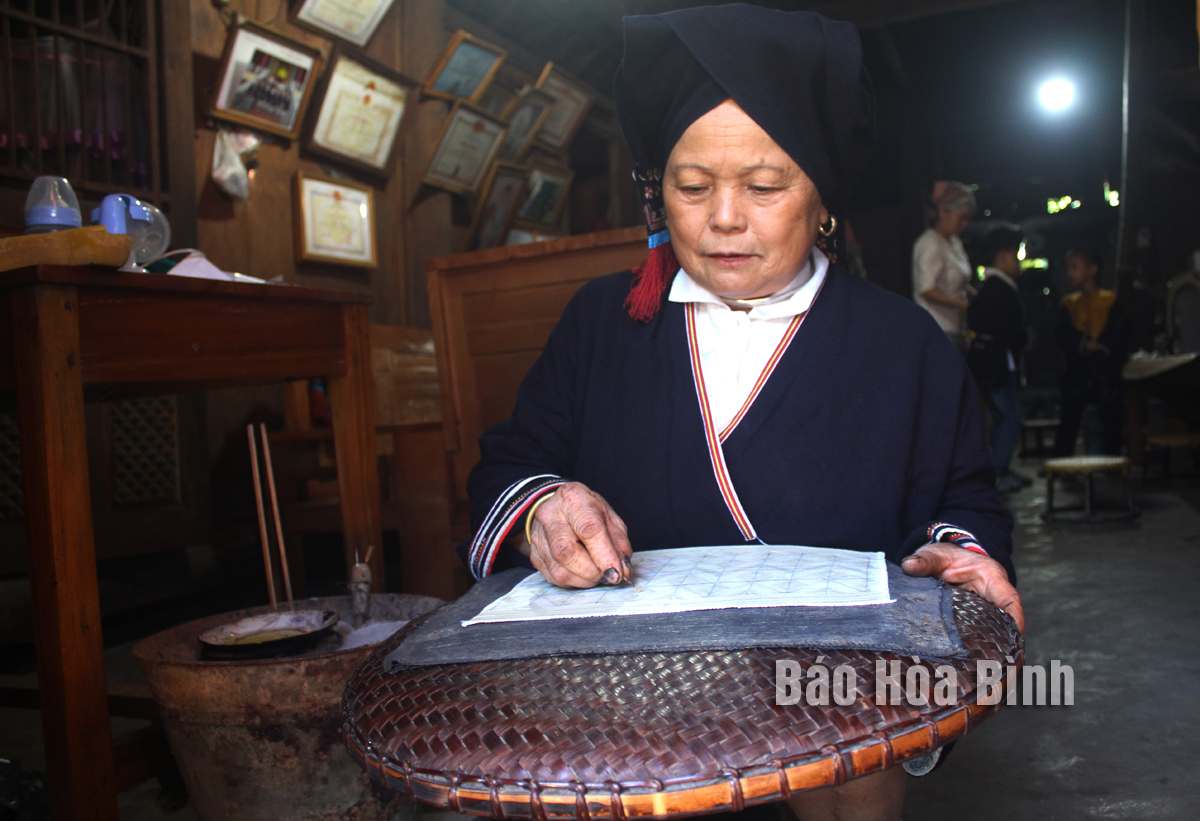In recent years, Hoa Binh province has rolled out a rural tourism development programme to tap into the potential of its rural areas. This policy has played a crucial role in boosting the local economy, enhancing the effectiveness and sustainability of new rural area building efforts.
With
over 76% of its population residing in rural areas, Hoa Binh is home to diverse
ethnic groups that preserve rich cultural traditions. This cultural diversity
provides a strong foundation for the province’s rural tourism initiatives,
which have flourished in recent years.
Currently, Hoa Binh boasts over 20 villages of ethnic minorities such as the
Muong, Thai, Dao, and Mong providing community-based tourism services. These
villages, featuring nearly 200 homestays and a variety of tourism services,
have become popular destinations for both domestic and international tourists.
Three primary forms of rural tourism are thriving in the province: community
tourism, agricultural tourism, and ecological tourism. Among these, community tourism has received the most attention and investment,
leading to rapid development of various models. Notable examples include
cooperative-based community tourism in Ban Lac and Ban Hang Kia in Mai Chau
district, locally managed community tourism in Mu, Khuong, Mon, and Sat Thuong
hamlets in Lac Son district, and company-managed tourism in Ke, Duc Phong and
Sung hamlets in Da Bac district.
Additionally, tourism companies have partnered with local families to set up
community tourism ventures, such as those in Ai hamlet (Phong Phu commune in
Tan Lac district). The new infrastructure built under the rural development programme, combined
with the growth of tourism, has not only increased incomes but also encouraged
cultural preservation and environmental awareness.
Luy Ai hamlet in Phong Phu commune in Tan Lac district has achieved OCOP (One
Commune One Product) 3-star status in community tourism, highlighting the
positive impact of community tourism on preserving cultural heritage and
advancing rural development.
In addition to these tourism models, Hoa Binh also features farms and
agricultural production areas that appeal to tourists, such as organic
vegetable farms in Tan Lac, Cao Phong orange gardens, and fish farms on Hoa
Binh Lake.
Several localities have developed farm-stay and experiential tourism models. In
2024, efforts will focus on enhancing OCOP tourism products, aiming for at
least a 3-star rating. This includes creating souvenirs and traditional
handicrafts by the Hoa Ban Cooperative in Lac hamlet (Chieng Chau commune in
Mai Chau district), and digitising cultural and historical information in Cao
Phong and Tan Lac districts.
The growth of rural tourism
in Hoa Binh is revitalising local economies while fostering cultural and
environmental stewardship, setting a model for sustainable rural development.



